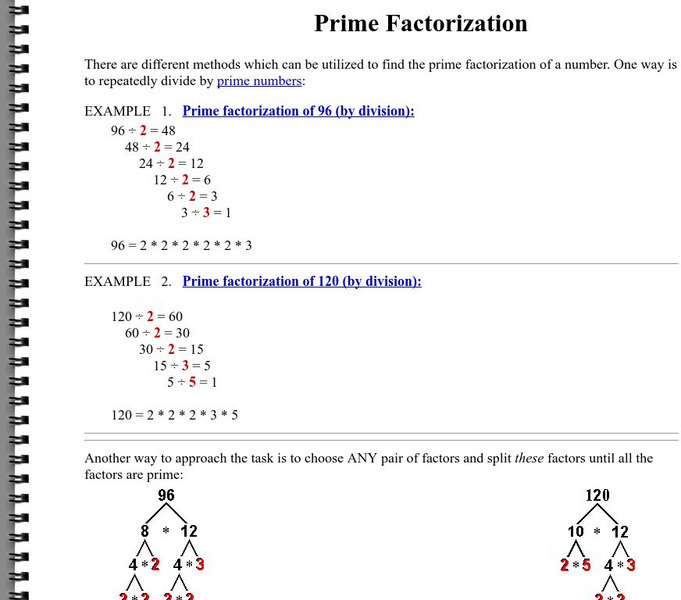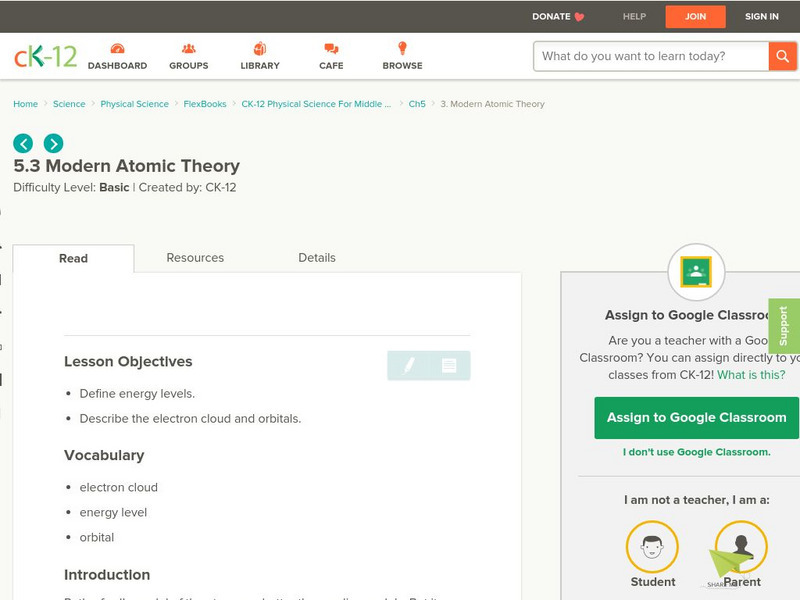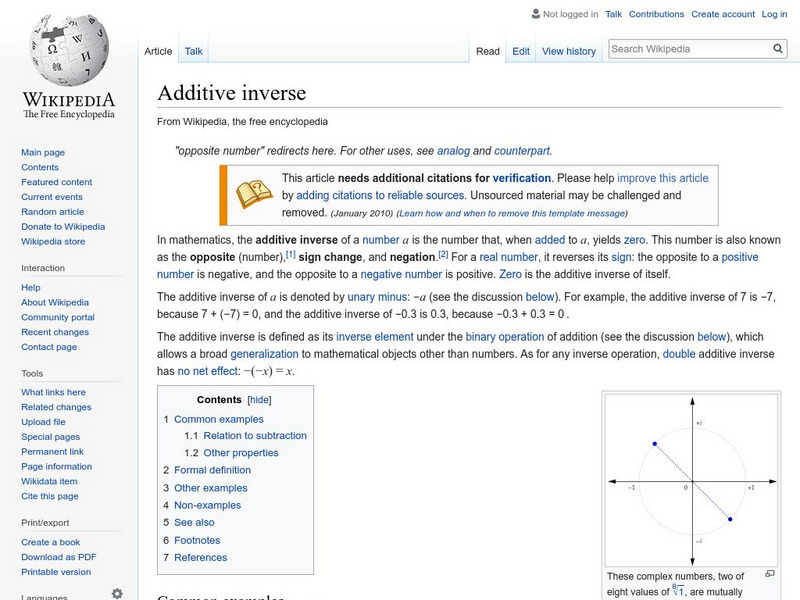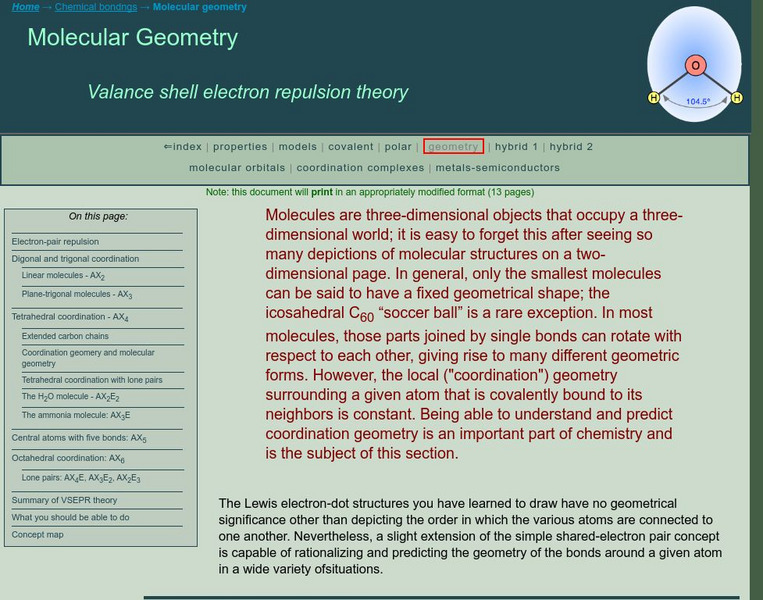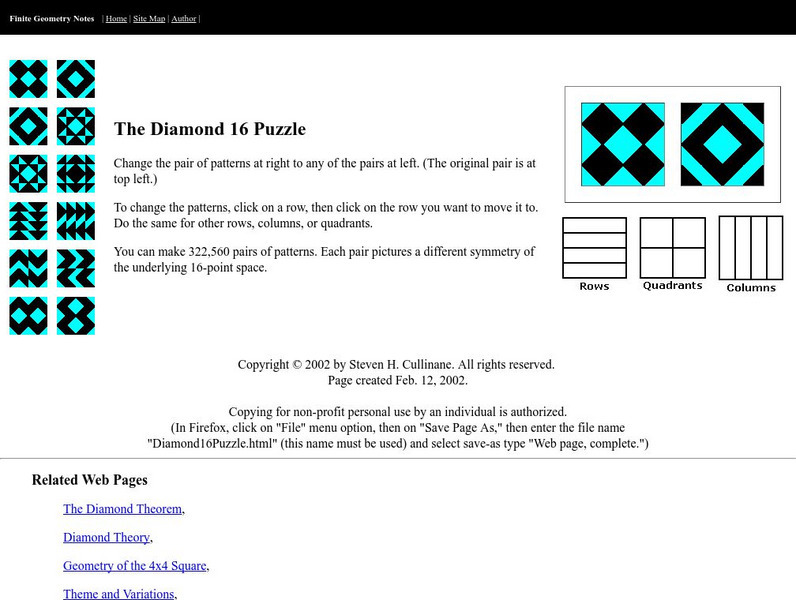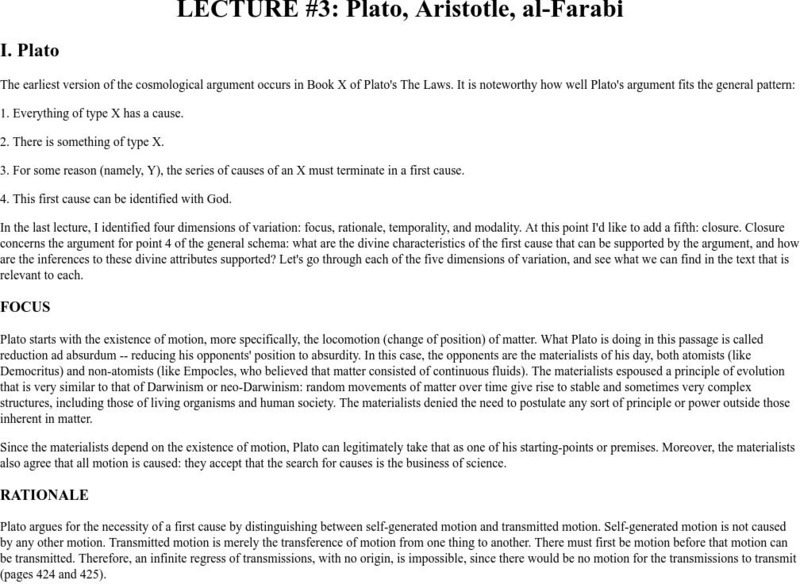National Council of Teachers of Mathematics
The Math Forum: Famous Problems in the History of Mathematics
On this site, there are several math problems to explore and solve. Look through some solutions by famous mathematicians and expand your thinking about some interesting math concepts. Teachers of elementary grades may want to use this...
Amby Duncan-Carr
Prime Factorization: Amby's Resources
What is prime factorization? This site goes through a step-by step process explaining different ways to find the prime factorization.
CK-12 Foundation
Ck 12: Modern Atomic Theory
[Free Registration/Login may be required to access all resource tools.] Rutherford's model of the atom was better than earlier models. But it wasn't the last word. Danish physicist Niels Bohr created a more accurate and useful model....
Wikimedia
Wikipedia: Additive Inverse
What is additive inverse? It means "opposite." Find out more about this concept in this detailed definition with examples and links to related terms.
Tour Egypt
Tour Egypt: The Ancient Egyptian Number System
This Tour Egypt site presents an easy-to-read account of ancient Egypt mathematics. Content explores the history and development of mathematics, how it was used, what helpful documents we have found that give us insight into what the...
Learning Wave Communications
Learning Wave: Commutative and Associative Properties of Multiplication
This resource provides information about the commutative and associative properties of multiplication.
Other
Ask Lois Math Terms: Commutative Property
What is the commutative property? Why not ask Lois. She knows all about math "lingo." A site where kids can find math definitions explained in "kid friendly" language.
Simon Fraser University
Chem1 Virtual Textbook: Molecular Geometry
An advanced explanation of the valence shell electron pair repulsion (VSEPR) theory describes specific molecular models involving digonal, trigonal, tetrahedral, and octahedral coordination, as well as central atoms with five bonds....
TeachEngineering
Teach Engineering: Making the Connection
Graph theory is a visual way to represent relationships between objects. One of the simplest uses of graph theory is a family tree that shows how different people are related. Another application is social networks like Facebook, where a...
CK-12 Foundation
Ck 12: Earth Science: Evolution, Plate Tectonics, and Climate Change Study Guide
[Free Registration/Login may be required to access all resource tools.] Summarizes the key points about three theories in Earth Science: the theory of evolution, the theory of plate tectonics, and the theory of climate change due to...
Texas Instruments
Texas Instruments: Divisibility Rules! Using Scientific Calculators
Concepts and skills covered in this activity include number theory, divisibility rules, multiples, factors, and problem-solving skills.
TED Talks
Ted: Ted Ed: How Big Is Infinity?
Explore the concept of infinity using the fundamentals of set theory in this animated video. [7:13]
PBS
Pbs: Watch the Elegant Universe
This 3 hour minseries on String Theory is divided up into 24 sections. Each is accompanied by a brief explanation and only lasts about 7 minutes. This series is perfect for any one looking to get a better grasp on this thrilling concept.
Other
Lebensraum: Living Space for the German Race
Resource provides a discussion of the concept of "Lebensraum," or "living space" for the German people. This was one of Hitler's main justifications for his military conquests.
Other
Coherence, Certainty, and Epistemic Priority
Drawing upon the work of contemporary philosopher C.I. Lews, author argues that coherence theories alternately address truth, justification, and concepts. Discusses the interconnections of these three versions of coherence theories and...
Other
Finite Geometry Notes: Diamond 16 Symmetry Puzzle
At this site see if you can solve the "Diamond 16" puzzle. Change the patterns to create ordinary or color exchange symmetry. This is just one of several challenging puzzles at this site. Links to similar puzzles and games.
The History Cat
The History Cat: Islamic Science and Math
Describes the major accomplishments of Islamic civilizations in the fields of Science and Math, i.e., the Islamic calendar, astronomy calculations, windmills, irrigation with gears, and mathematical theories.
University of Georgia
University of Georgia: Intermath Dictionary: Additive Inverse
"What happens when you add opposite numbers together?" Understanding the additive inverse will help you to answer this questions. An explanation of additive inverse with examples and non-examples.
Science Education Resource Center at Carleton College
Serc: Asbestos Hazard Assessment
This interactive site introduces students to concepts related to asbestos and how geologists analyze asbestos in building materials. The site is divided into three components: the geology of asbestos, identifying asbestos in the lab, and...
ReadWriteThink
Read Write Think: Book Sorting: Using Observation and Comprehension
Critical thinking, comprehension and analysis skills are the focus of this physical activity. Good beginning to teaching different ways of looking at things.
Other
Univ. Of Texas: Plato, Aristotle, Al Farabi
Explains the cosmological arguments (and corresponding concepts of "unmoved mover") of three influential western thinkers. Describes in detail the line of argument each pursues, and indicates the particular theory of causation implied by...



